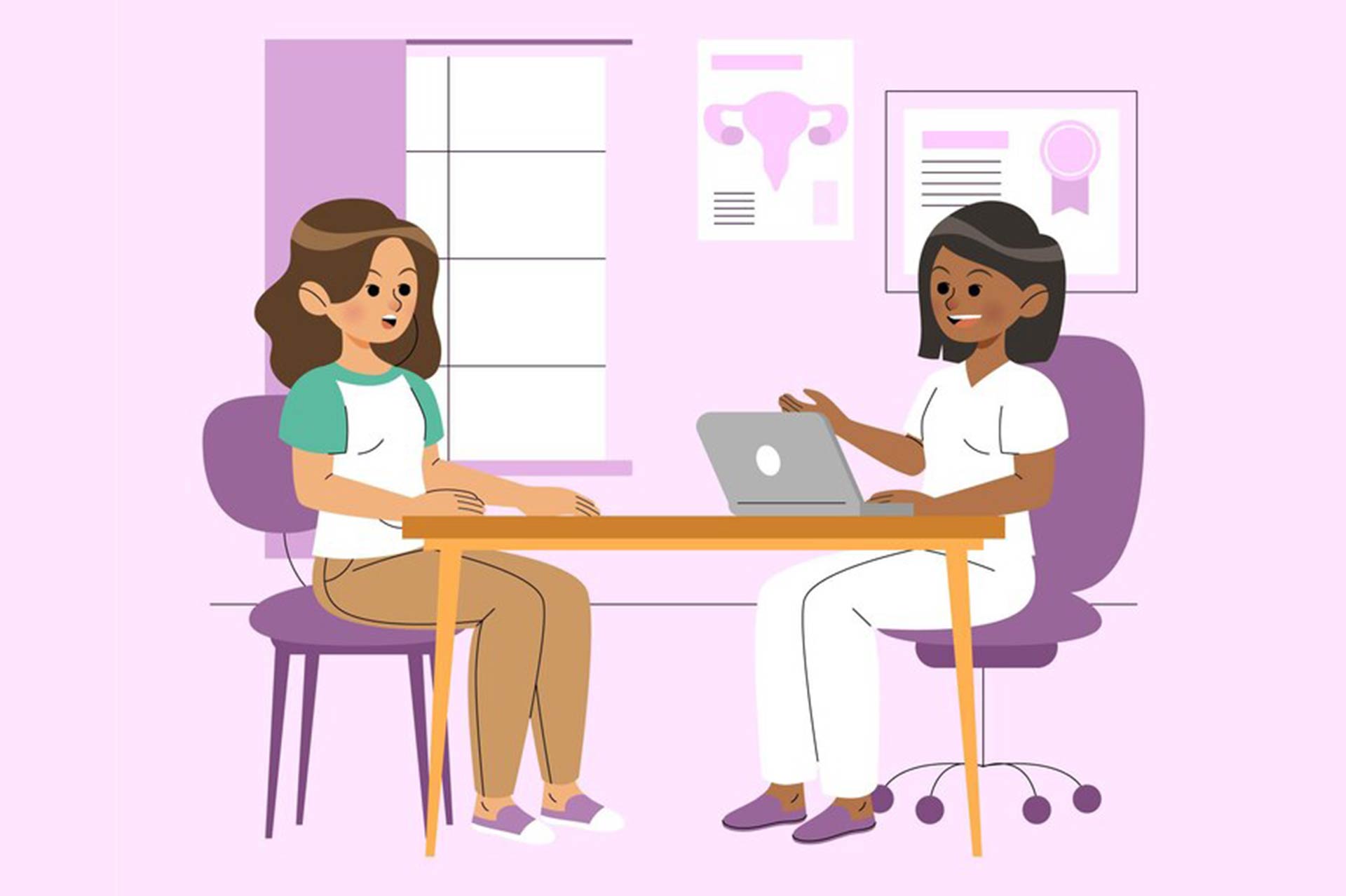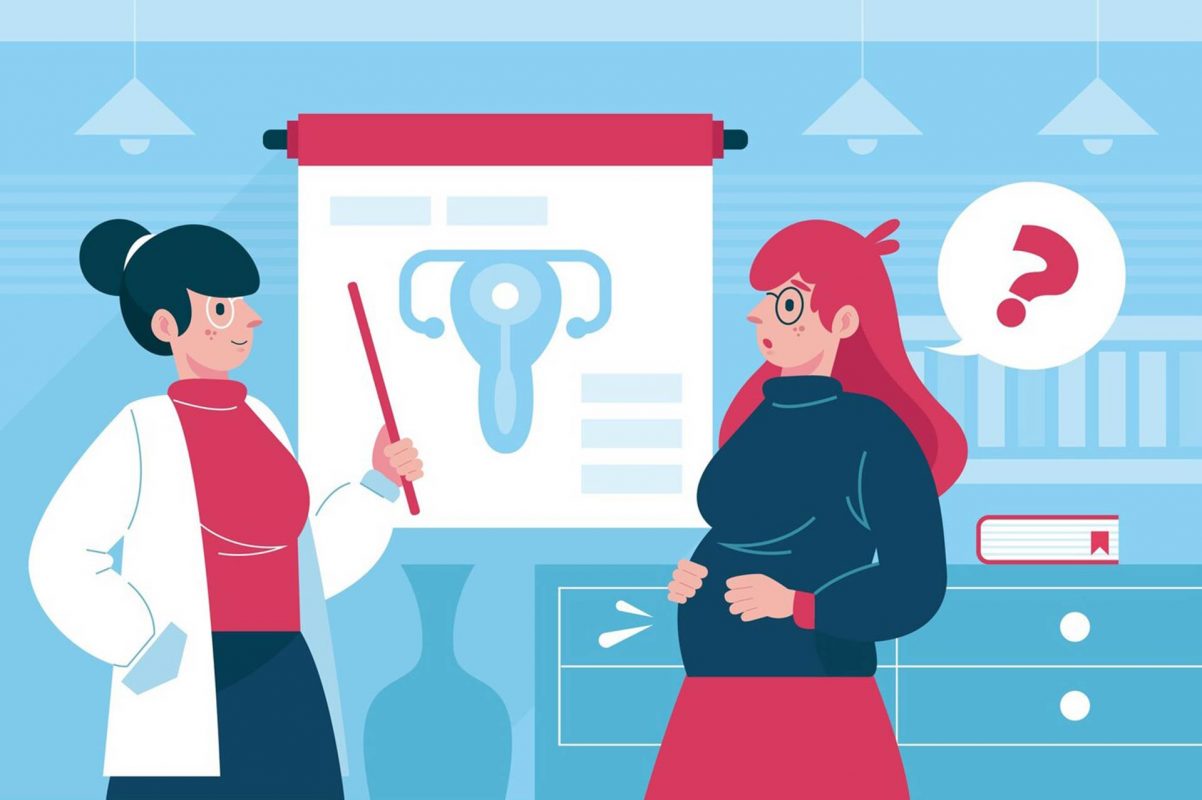First and foremost, there should be no hesitation and you shouldn’t feel shy about bringing up concerns about your reproductive health with your gynecologist, because if you won’t open up to your gynecologist, then they won’t be able to solve it.
It can be difficult to think while approaching your gynecologist, especially if it’s your first visit. It is normal to feel uncomfortable, anxious, and hesitant, but you should know that your gynaecologist, who specialises in treating reproductive problems and intimate health issues, including sexual issues, fertility challenges, etc., knows everything there is to know about them.
The following are the top 5 queries you should ask your gynaecologist on your first visit:
What are the most common types of reproductive health issues I should be careful about?
To stay safe and healthy, everyone should ask their gynaecologist this question. The risk of numerous reproductive health disorders increases as females reach different life stages for a variety of reasons. Your gynaecologist will inform you of all the typical gynaecology issues that you shouldn’t neglect, including chronic health ailments (Polycystic ovary disease), vaginal cystitis, endometriosis, uterine fibroids, gynaecological cancer, etc.
Is there something unusual or seemingly problematic about my reproductive health?
In order to assess your general health, your gynaecologist will first do a few tests. They will gain a better knowledge of your body, and only then will they be able to let you know if there is anything odd or something concerning about your reproductive health.
What are some vital things I should remember about periods?
Periods are the most basic and typical condition in any woman’s life, but they are not simple or easy because they are accompanied by numerous hormonal changes, mental and emotional tension, mood swings, and other unpleasant experiences. Because of this, asking your gynaecologist for advice on critical period-related topics is sensible and wise. Your gynaecologist will provide you with advice on how to manage your periods more easily, such as what health problems to expect, how to reduce period discomfort, what foods to eat and avoid during periods, etc.
Don’t be hesitant when it comes to discussing your sexual relationship issues with your gynaecologist.
It can be uncomfortable to discuss sexual issues with anyone, so you might want to skip that portion. However, there are occasions when tiny issues that you choose to dismiss out of embarrassment turn into significant issues later on. Sexual problems can include pain during sexual activity, orgasmic and arousal abnormalities, and desire disorders. Even though you might find it awkward, you should discuss this with your gynaecologist because it’s important and needs to be checked by them.
Which sexually transmitted diseases (STDs) should I be looking for?
People today engage in sexual activity but still don’t understand the value of protection or the possibility of contracting an STD, which is a serious concern because it may be harmful to both you and your partner and negatively impact your fertility, leading to infertility. Your gynaecologist will inform you about STDs such as HIV/AIDS, chlamydia, herpes, syphilis, etc.
Conclusion:
These are the few queries that you can ask your gynaecologist when you visit for the first time. Again, hesitation will not solve your problem, but opening up to your gynaecologist might. So speak up to your gynaecologist about every single reproductive health issue, no matter how minor it may be, because then only you can keep yourself safe and healthy.



